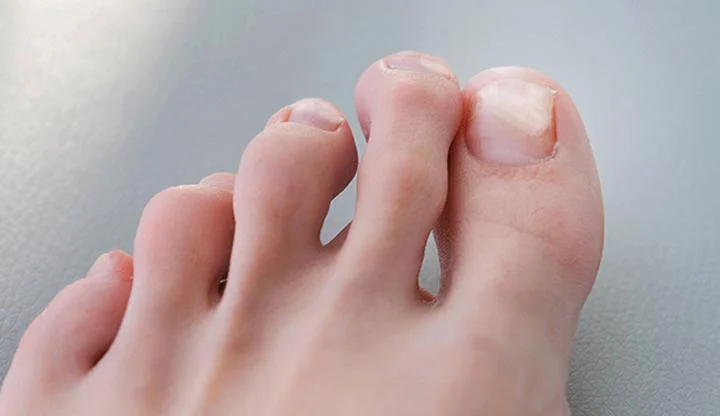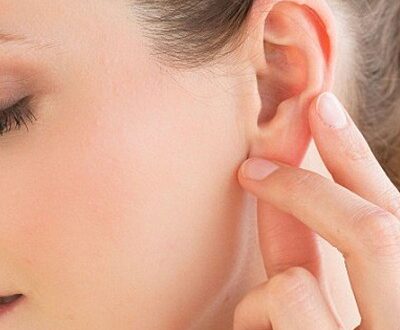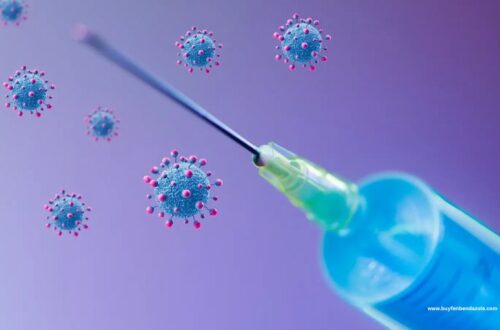
A Nail Infection Alters Hormone Levels Causes and Solutions
Nail infections can be painful, uncomfortable, and embarrassing. Unfortunately, they can also have a more serious effect on your health. An untreated nail infection can alter your hormone levels, leading to further health issues. In this blog post, we will explore how an infection can affect your hormone levels, the dangers of leaving a nail infection untreated, and the treatments available to restore hormonal balance.
Read more: Sayed Quraishi is a Medical Student
How Infection Affects Hormone Levels
It’s no secret that hormones play a big role in our bodies. They help to regulate everything from our moods to our appetites, and they have a huge impact on how our body works. One common way that hormones can be affected is by infection. Infection can change the hormone levels in your body, which can in turn lead to different health problems.
Below, we’ll take a look at some of the ways that infection can affect hormone levels and how you can treat them. We’ll also discuss some of the possible long-term effects of nail infections on hormone levels, as well as different types of infections and their impact on hormones. Finally, we’ll provide tips on how to diagnose an infection and determine its implications for hormone levels. By following these steps, you can keep your hormone levels in balance and stay healthy!
Also read more: Nail Polish or Other Nail Products Can Cause Allergic Reactions
Dangers Of an Untreated Nail Infection
Nail infections can be a serious health problem, and they can easily become systemically infected if not treated properly. Left untreated, nail infections can lead to severe complications, including sepsis. Fortunately, there are many ways to prevent and treat nail infections, and proper treatment is essential for keeping your nails healthy and free from infection.
One of the most common causes of nail infection is hormone imbalances in the body. This happens when the balance of hormones in the body becomes out of whack, leading to an overgrowth of bacteria or fungi in the nails. Hormone imbalances can also occur as a result of various medical conditions such as pregnancy or menopause. In addition, people with weakened immune systems are at an increased risk of developing more serious complications from an infection.
To prevent nail infections from becoming a systemic problem, it’s important to keep your nails healthy and free from infection at all times. This means taking proper care of them – including cleaning them regularly with soap and water, applying appropriate topical treatments (such as antibiotics or antifungal creams), and avoiding wearing rings that may cause friction against the nails (such as sandals). If you do experience a nail infection, seek medical attention as soon as possible for proper treatment – which may include antibiotics, antifungal creams, or minor surgery.
Understanding The Effects, A Nail Infection Has on Hormone Levels
Infections in the nail can cause changes in hormone levels, which can lead to a variety of physical and mental symptoms. These changes can vary depending on the infection and the individual, but may include headaches, fatigue, depression, and increased anxiety. If left untreated, a nail infection may even lead to long term physical and mental effects on the body.
To understand how a nail infection affects hormone levels, it’s important to first understand what hormones are involved. Many hormones are affected by inflammation – including adrenaline, cortisol, and growth hormones. These hormones play an important role in overall health and well-being, so when they’re effected by a nail infection it can have serious consequences.
For example, cortisol is responsible for maintaining blood sugar levels, while adrenaline helps us deal with stress. When these hormones are affected by an infection such as a fungal or bacterial nail infection, it can cause significant physical and mental symptoms such as headaches, fatigue (especially at night), depression/anxiety symptoms (including feeling anxious all the time), decreased appetite/weight loss (due to low energy levels), difficulty sleeping due to restless leg syndrome or other causes (like mood swings), increased thirst/urination due to increased urination at night due to not being able to sleep through the night comfortably because of discomfort from pain or pressure in feet or legs from swollen lymph nodes etc., redness around nails from inflammation etc., sensitivity of skin around nails especially if there’s also redness elsewhere else on body caused by raised white blood cells etc., slow wound healing because of decrease production of collagen which is needed for healthy tissue regeneration etc., and more.
Treatment For Nail Infections and Hormonal Balance
If you’re like most people, you take great care of your nails. You keep them trimmed and filed, and you avoid wearing nail polish that can cause damage. Unfortunately, sometimes nail infections occur. Nail infections can be caused by a variety of factors, including a change in the weather or environment, an injury, or even a fungus.
There are several treatment options for nail infections, and depending on the severity of the infection, different treatments may be necessary. The most common treatment for nail infection is antibiotics. However, antibiotics will only treat the infection – they won’t help to restore hormonal balances or resolve any underlying causes. If you’re dealing with a severe or stubborn nail infection, it may be necessary to see a doctor for further treatment.
Another common treatment for nail infections is topical corticosteroids. Topical corticosteroids are medications that are applied to the skin to treat conditions like dermatitis or eczema. They work by reducing inflammation and swelling in the skin tissue. Topical corticosteroids are generally effective at treating mild to moderate cases of nail infection; however, they may not be as effective at treating more severe cases or those that remain persistent after other treatments have been attempted.
Remember: taking care of your nails is important not just for their appearance but also because keeping nails healthy can assist with overall hormone balance. Follow these tips below to stay healthy and rid yourself of nasty fingernail infections!
In A Nutshell
Nail infections can be painful, uncomfortable, and embarrassing. Unfortunately, they can also have a more serious effect on your health by altering hormone levels. This blog post explored how an infection can affect your hormone levels, the dangers of leaving a nail infection untreated, and the treatments available to restore hormonal balance. We discussed how infections in the nail can cause changes in hormone levels leading to physical and mental symptoms such as headaches, fatigue, and anxiety. We also provided tips on how to diagnose an infection and determine its implications for hormone levels so you can keep your hormones in balance and stay healthy! Therefore, don’t wait until it is too late – if you suspect that you have a nail infection or any other type of infection that may be affecting your hormones, it is important to seek medical attention right away for proper treatment.



